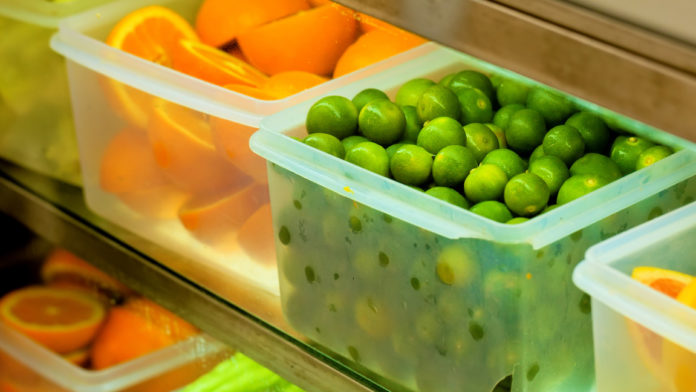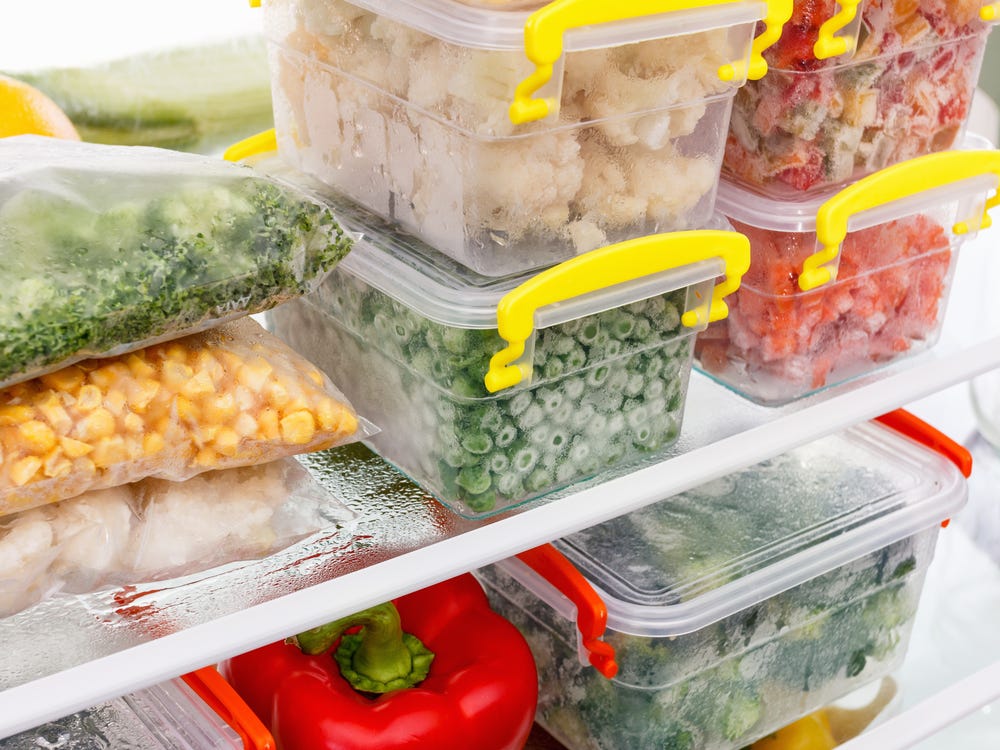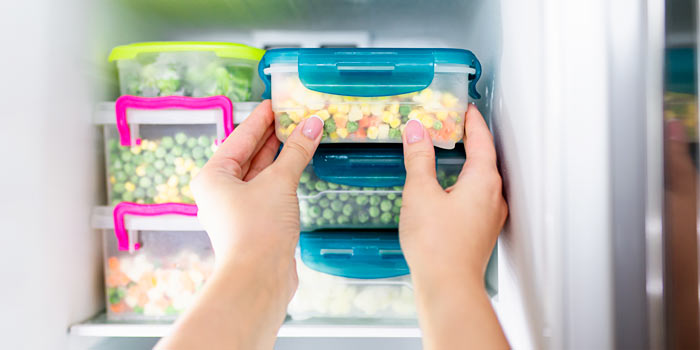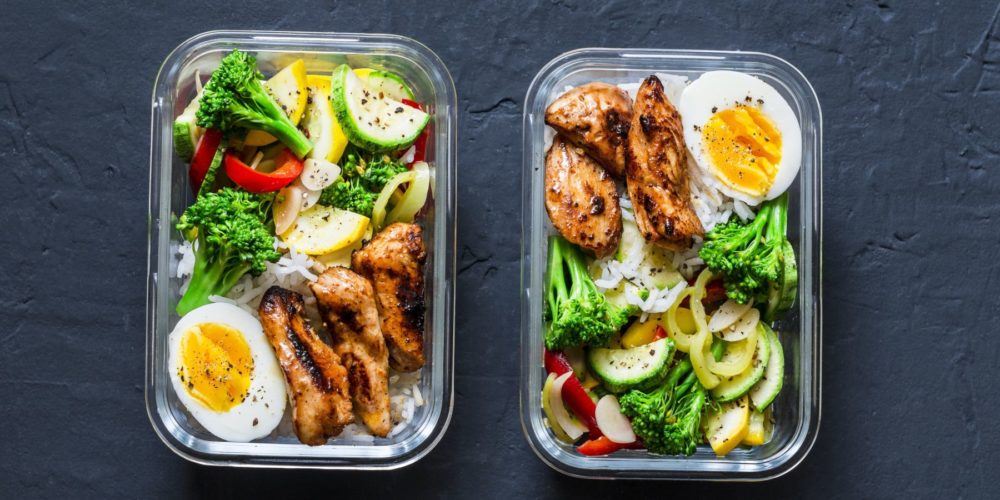
Weekly purchases can be a real deadly trap for our budget, but with this guide, you will be able to save money almost without realizing it.
If instead of buying a product we immediately wait for it to be on sale we will achieve considerable savings.
So let’s start. The following are the best ways to save money on your weekly food shop:
1. Generate significant money savings with a meal plan
That is our number 1 secret to save money on meals, with which we managed to reduce the cost of our pantry by 50%. To make that plan, you should have a list of all the products you will need, and www.mercato.com can help you with delivery..
2. Learn to cook
You will never starve to death while you wait for the pizza you ordered. This skill will help you the most in saving money throughout your entire life.
3. Do not waste food
Imagine the entire supply chain that has to happen to produce that food on your table.
Think about it.
4. Store your food correctly

Ok, you already bought what you need for the entire week, but when you want to use it, it turns out that the meat already smells ugly because you left it in the refrigerator, the coriander died, and the cereal already tastes awkward.
All this happened to us more often than we would like to admit (we were the serial killers of corianders :).
So how to organize food in your refrigerator?
1st shelf (the one on top) or small drawer: Cold meats and cheese
2nd shelf: Dairy and eggs
3rd shelf: Raw meat in refrigeration
Drawers up to the bottom: Fruits and vegetables
Door: Drinks and condiments
Keep everything tightly sealed so that there is no cross-contamination, both in the refrigerator and in the cupboard.
5. Freeze!

The freezer will be your best friend to generate money savings on products before the expiration date.
You can store frozen fruits such as bananas or strawberries; freeze them whole (remove the peel from bananas) to make smoothies.
You can also liquefy or squeeze them and use them to make water, such as melon, papaya, or orange.
Some raw or cooked vegetables can also be frozen, such as carrots or broccoli. Avoid those that have a lot of water like lettuce.
All raw and cooked meat can be frozen (ham and bacon also).
When it comes to cooked meals, for example, rice, beans, hash, meat in sauce, tortillas, etc. – freeze them in portions.
When you defrost something, you can’t freeze it again unless you cook or boil it. For example, when you thaw raw meat, you have to cook it to freeze it again.
The biggest myth in the world is: Food doesn’t taste the same afterward.
We concluded that the food tastes the same or better than when we froze it. It all depends on how you unravel it. To defrost correctly, leave it in the refrigerator during the night. If you forget it, you can place it in the sun. Avoid defrosting it in the microwave (although we have also done it, it tastes a little different).
6. Do Meal Prep
A great money-saving tip, prepare what you will eat later:
* Cook hard-boiled eggs for breakfast every morning of the week
* Make frozen foods to defrost and cook them in your slow cooker or on your stove
* Disinfect the grapes and separate them in containers for snacks of the week
* Cook 1kg of beans and red rice and freeze them in 1/2 lt containers. (Yes! Of the typical cream)
7. Compare prices
You can compare the prices of fruits, vegetables, and groceries through some supermarket apps.
So you can generate some good money only by checking the price of what you’re buying beforehand.
8. Check your fridge before going to the supermarket

By doing this, you will generate money savings because you will not buy something you already have in your house.
9. You shouldn’t go shopping on an empty stomach
That will only make you buy things that you don’t need and spend more money on that.
(Also try to go without your children!)
10. Change brand

You should change brands depending on their offers. Sometimes the branded products on offer are cheaper than the white label food.
11. Cut the fruit and lettuce as soon as you arrive
Every day in the morning, our little one eats fruit, but each time we find that we need to split the papaya, and it is more likely that we will look for a banana and leave, while the sad papaya would wrinkle at the bottom of our fridge.
The same goes for lettuce/spinach, etc. To store those, put the vegetables in an airtight container and live it in the fridge.
12. Do not consume light products
Check the nutritional information of the products such as “light,” low fat, etc. Because sometimes they lower three calories and raise 100mg of sodium (it happened to me!), they are more expensive, and they may contain artificial ingredients that will not do well to your health.
13. Take advantage of leftovers

Don’t throw away your leftovers, especially if it’s a significant amount of food.
There are foods that we may think that we can not take advantage of because they dry, such as meat, for example, but don’t you worry, a good option is to convert it: if we have a sirloin, the next day you can cook it with tomato sauce, onion and bay leaf. It will be juicy, vibrant, and you will have used the product for one more meal.








